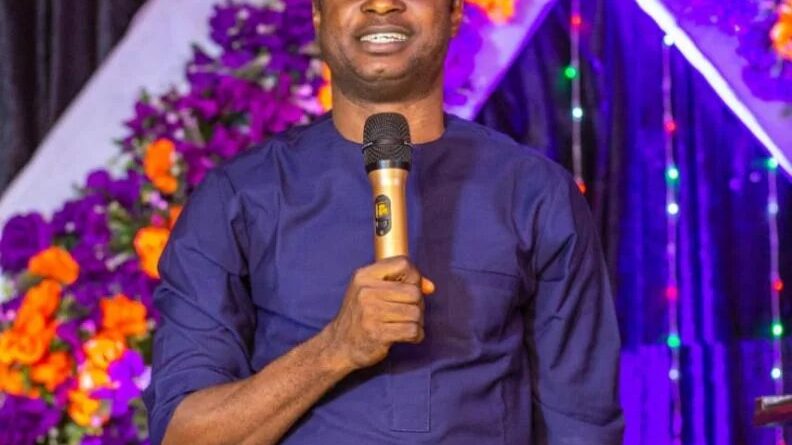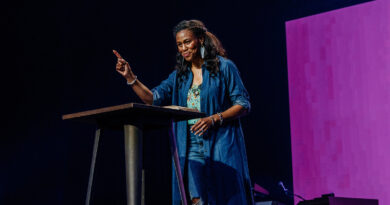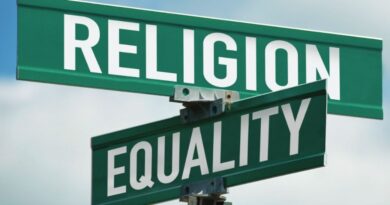When Prayer Meets Public Perception
Prophet Ayo’s Viral Video and the Kwara Kidnapping Recovery
In a world where social media has become the loudest public square, faith, fear, criticism, and miracles often collide in unexpected ways. Such was the case when a viral video featuring Prophet Ayo, the Ikeji-Arakeji Camp Coordinator, sparked heated debates online. The video surfaced at a time when the Kwara kidnapping incident was dominating national conversations, stirring emotions across Nigeria.
A Prophet’s Cry in Troubled Times
In the now-viral clip, Prophet Ayo was seen in a fervent prayer session, interceding concerning the tense security situation in Kwara State. With heartfelt intensity, he lifted his voice for divine intervention—a response deeply rooted in faith traditions that many Nigerians still hold dear.
But not everyone watching the video shared his perspective.
The Backlash: When Faith Meets Criticism
The comments section beneath the video quickly became a battleground of opinions.
Some viewers mocked him, questioning whether prayer should be the next step in the face of rising insecurity. They argued that the prophet should have used his platform to call out government authorities, demanding accountability and stronger action against kidnappers and criminal elements.
Others wondered why prayer was still being considered a viable response in a country plagued by recurring violence, failed governance, and systemic weaknesses.
To them, Prophet Ayo’s action seemed insufficient, symbolic at best, and irrelevant at worst.
A Society Divided on Solutions
This moment highlighted a deeper conflict within Nigerian society:
What truly solves national problems, faith or activism? Prayer or policy? Divine intervention or human responsibility?
Many Nigerians, especially those fatigued by insecurity, believe that the time for silent prayers is over, and that stronger pressure must be placed on government institutions. On the other hand, millions still anchor their hope in God, believing that without spiritual intervention, efforts by human authorities remain limited.
Prophet Ayo’s prayer session hit this societal nerve squarely.
The Turning Point: Three Days Later
Then came the twist that changed the tone of the conversation.
Just three days after the video went viral, and after waves of online criticism, the Kwara State kidnapping victims were successfully recovered.
News of their rescue spread quickly, prompting many to revisit the earlier discourse. For believers, the timing was no coincidence. For them, it was a sign, proof that prayer still works, and that divine intervention remains a powerful force in the affairs of men.
Read Also: Pastor Speaks Out on Global Church Persecution
Some who earlier mocked the prophet quietly withdrew their comments. Others publicly acknowledged that whether one agrees or not, prayer plays a significant role in a nation where faith is woven into the fabric of everyday life.
The Bigger Picture: Beyond the Mockery
This incident offers a broader lesson about the complexities of responding to national crises. While citizens have every right to hold their leaders accountable, dismissing spiritual practices, especially in a deeply religious country like Nigeria, may overlook a powerful source of collective strength and comfort.
Prophet Ayo’s prayer did not replace the efforts of security operatives. It did not erase the responsibility of government structures. But it served as a reminder that Nigerians often fight battles on both physical and spiritual fronts.
A Call for Unity in Troubled Times
The recovery of the kidnapped victims stands today as a testimony that different approaches, prayer, policing, public pressure, and community vigilance, can all contribute to safety and peace.
Instead of mocking one another’s methods, Nigerians may find more progress in a united approach, where faith and action walk side by side.
Conclusion: When Words Become Lessons
Prophet Ayo’s viral moment teaches us that sometimes, the things we dismiss too quickly are the very things that carry unseen power. In the face of insecurity, every sincere effort counts, whether it comes from the lips of a praying prophet or the hands of diligent security officials.
Ultimately, the real victory lies not in who was right or wrong, but in the fact that lives were saved and families were restored.
And perhaps, just perhaps, a prayer whispered in faith played a role in making that possible.
Content Credit | Olaoluwa Ayomide
Image Credit | facebook.com




